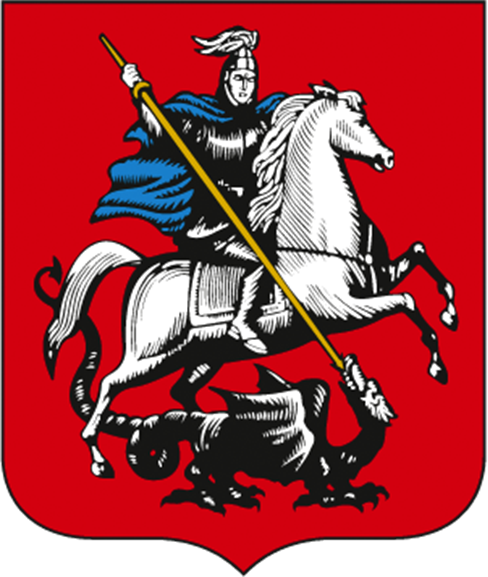Galina Vishnevskaya, the great Russian diva and People’s Artist of the USSR, was born in Leningrad (now St. Petersburg) and made her debut as a soloist at the Leningrad Theater of Operetta in 1944. Her major stage career commenced in the 1950s, and during her 22 years at the Bolshoi Theater, from 1952 to 1974, she gave unforgettable interpretations of more than 30 roles in Russian and Western European operas.
Following a brilliant debut as Tatyana in Tchaikovsky’s Eugene Onegin, she went on to perform, among others, the title role in Verdi’s Aida, Violetta in Verdi’s La traviata, the title role in Puccini’s Madama Butterfly, Natasha Rostova in Prokofiev’s War and Peace, Katarina in the 1957 world premiere of Shebalin’s The Taming of the Shrew, Lisa in Tchaikovsky’s The Queen of Spades, Kupava in Rimsky-Korsakov’s The Snowmaiden, and Marfa in his The Tsar’s Bride. She also sang Polina in the first Russian production Prokofiev’s The Gambler in 1974, performed Poulenc’s mono-opera La voix humaine in 1965, and starred in the film version of Shostakovich’s opera Katerina Izmailova in 1966.
During the Soviet regime Galina Vishnevskaya opposed the authorities. She and her husband, the great cellist and conductor Mstislav Rostropovich, supported the eminent Russian writer and defender of human rights Alexandre Solzhenitsyn. For that reason, among others, the couple was exposed to particular attention and pressure from the intelligence service of the USSR. In 1974 Galina Vishnevskaya and Mstislav Rostropovich left the Soviet Union and in 1978 they were deprived of Soviet citizenship. They first settled in the United States and later lived in France and Great Britain.
Galina Vishnevskaya starred in the greatest opera theaters of the world, including Covent Garden, the Metropolitan Opera, Opera de Paris, Teatro alla Scala and the Bavarian State Opera in Munich, performing with the most celebrated masters of opera and the theatrcal arts. She sang the part of Marina in a renowned recording of Boris Godunov, conducted by Herbert von Karajan, with co-soloists Nicolai Ghiaurov, Martti Talvela, Ludwig Spiess and Alexei Maslennikov, and in 1989 performed the same role in the film version directed by Andrzei Zulawsky, with the score conducted by Mstislav Rostropovich. During the period in which she was forced to live abroad, Galina Vishnevskaya made a complete recording of Prokofiev’s War and Peace and recorded five discs of romances by Glinka, Dargomyzhsky, Mussorgsky, Borodin and Tchaikovsky.
Galina Vishnevskaya’s whole life and creative work have been aimed at renewing and glorifying Russian opera traditions. At the beginning of the 1990s, in the wake of perestroika, she and Mstislav Rostropovich were given back their Russian citizenship. Returning to Russia, she became an honorary professor of the Moscow Conservatory. She described her life in the book “Galina. A Russian Story”, the English version of which was published in 1984, with the Russian version following in 1991.
Galina Vishnevskaya has received an honorary doctorate of arts from numerous universities. For many years she has worked with young people in the arts, giving master classes throughout the world and chairing the juries of leading international competitions. She has been a President of the All-Russian Fair of Singers in Yekaterinburg.
The long-awaited opening of the Galina Vishnevskaya Opera Centre took place in Moscow on September 1, 2002. At the Centre, the great diva has shared her accumulated experience and unique knowledge with talented young singers in order that they may proudly represent the Russian school of singing on the international operatic stage.
Galina Vishnevskaya has received many prestigious awards for her contributions to the art of music: the Medal for the Defense of Leningrad (1943), the Order of Lenin (1971), the Diamond Medal of Paris, Grand Officer of the French Order of Arts and Letters (1982), a Chevalier of the French Legion of Honour (1983) and an Honorary Citizen of Kronshtadt (1996).
She also held the Order for Services to Fatherland in all degrees.



